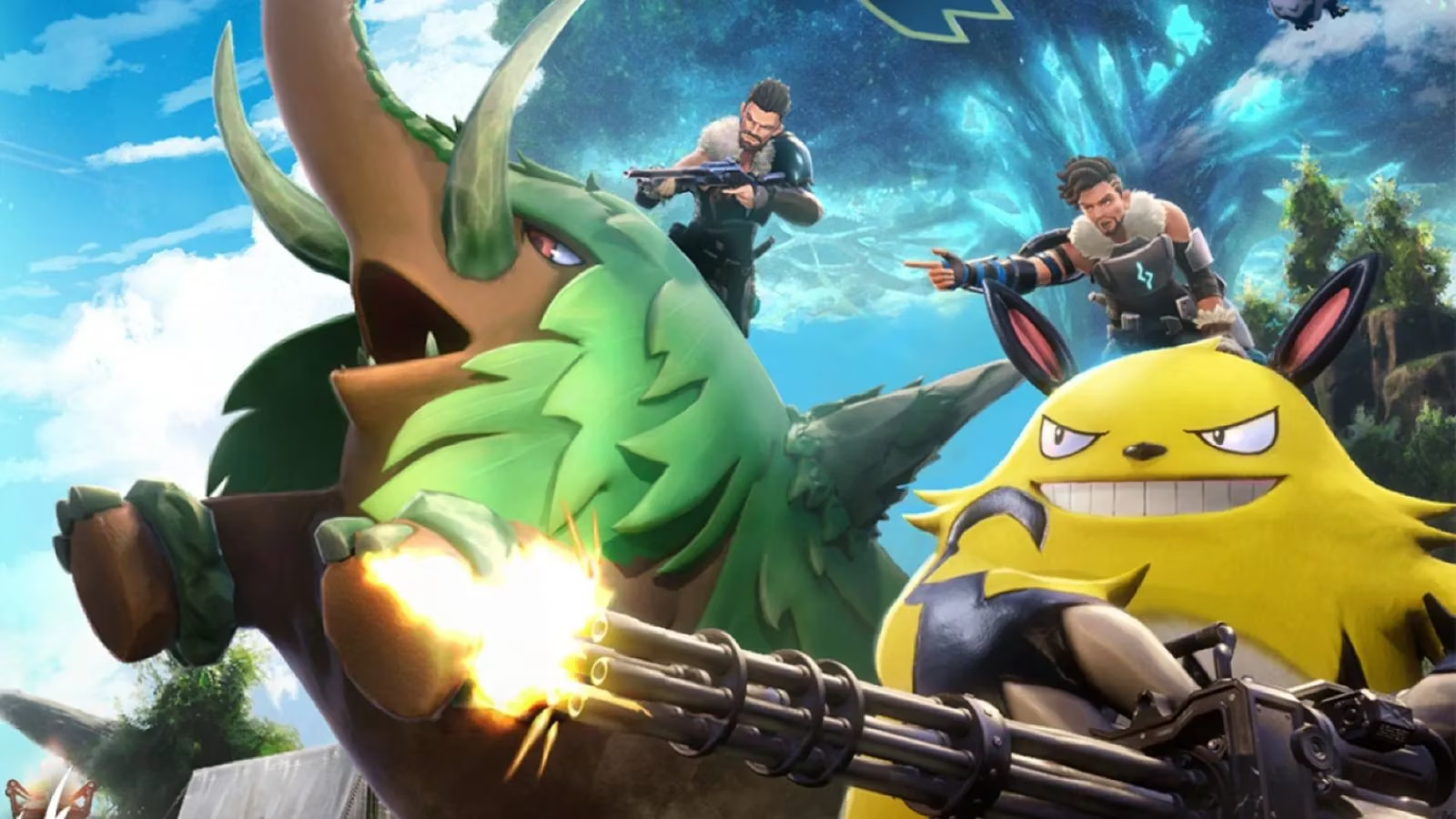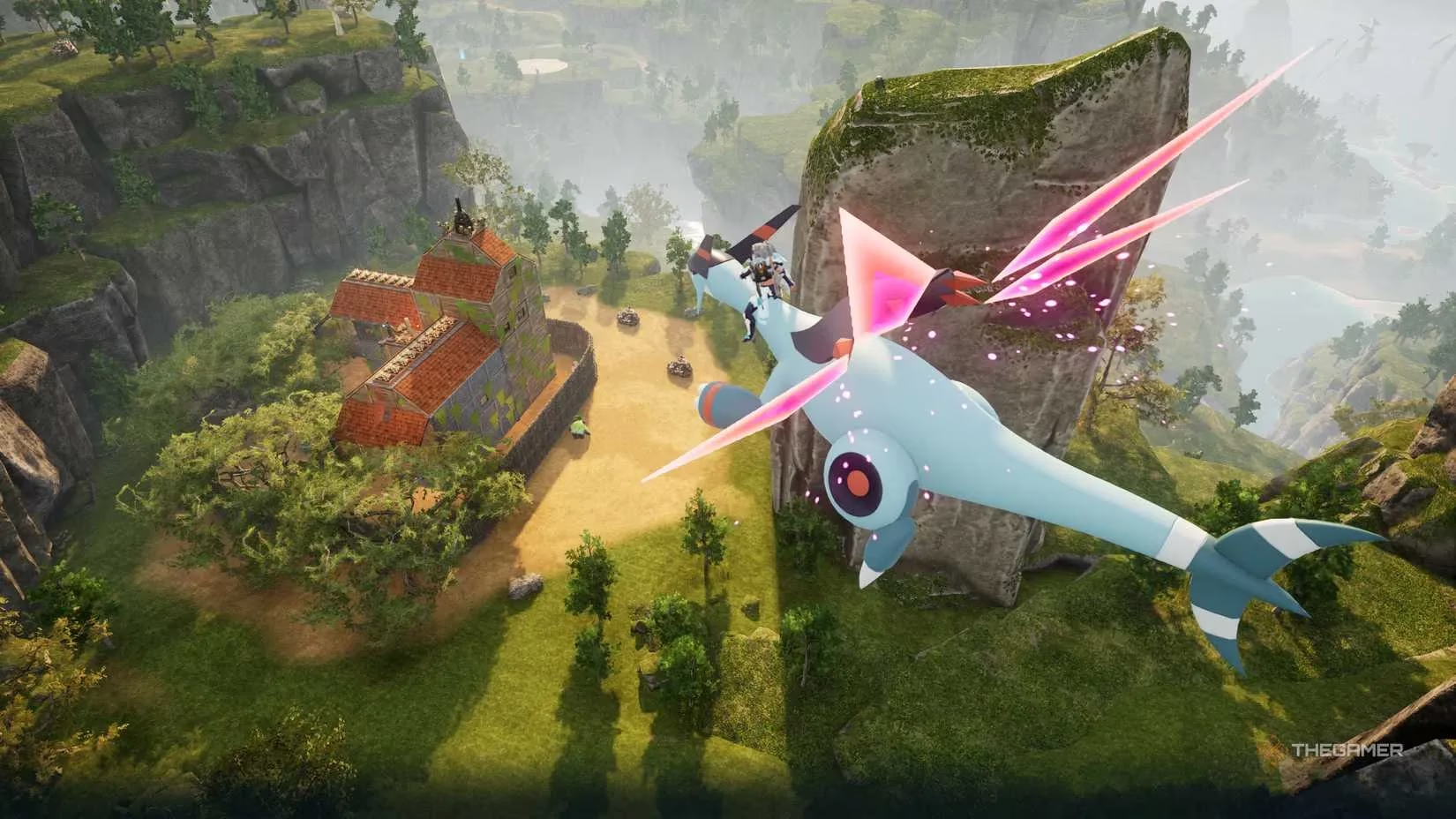As I sit here scrolling through gaming forums in late 2025, the Nintendo vs. Palworld lawsuit feels like watching a digital David and Goliath clash where the slingshot might accidentally hit innocent bystanders. What started as a corporate spat over monster-catching mechanics has unearthed fundamental questions about creativity ownership in our mod-driven gaming era. Pocketpair's defense—that Nintendo's monster-capture patent shouldn't hold water—has unexpectedly pulled free mod creators into the legal crossfire, threatening to turn gaming's most fertile innovation ecosystem into a minefield overnight. 😓

The Core Conflict: Patents vs. Player Creativity
At the heart of this courtroom drama lies Nintendo's claim that Palworld copied Pokémon's signature mechanics—capturing creatures with devices and riding them across open worlds. Pocketpair's legal team fired back with fascinating evidence: 🔍
-
Historical precedents: Listing games predating Pokémon that featured similar mechanics
-
Mod examples: Specifically citing a Dark Souls 3 mod allowing creature taming and a Fallout 4 mod with mountable enemies
-
The bombshell argument: That patenting such universal gaming concepts is like "copyrighting gravity in physics simulators"
Nintendo's counter? A chilling simplification: "Mods aren't games." This dismissal treats community creations as insignificant glitches rather than legitimate art—akin to calling street murals "wall stains." 🎨
Why This Terrifies Modders Worldwide
Florian Mueller's analysis from Games Frey exposed the nuclear ramifications if Nintendo wins:
"Modders would become 'fair game'—their ideas could be patented by corporations, then weaponized against them."
Consider these nightmare scenarios:
-
A developer patents a modder's unique inventory system
-
The modder gets sued for distributing their own creation
-
Entire modding communities abandon projects for fear of litigation
💔 The human cost: Most modders operate like digital volunteer firefighters—saving games with passion, not paychecks. Over 92% of major mods remain free, driven by love for the craft.

People Also Ask
- Could Nintendo really sue modders?
Technically yes—if courts declare mods lack "prior art" protection, corporations could patent mod concepts then enforce ownership.
- What games were built from mods?
| Original Mod | Commercial Game |
|--------------|----------------|
| Dota (Warcraft 3) | Dota 2 |
| The Forgotten City (Skyrim) | Award-winning standalone title |
| Counter-Strike (Half-Life) | Multi-billion dollar franchise |
- How would this affect remix culture?
Like banning jazz improvisation for "copying scales," it could criminalize transformative creativity.
The Coral Reef Paradox & Broken Compasses
Modding communities operate like coral reefs—countless small organisms collectively building magnificent structures through symbiotic innovation. Nintendo's legal stance risks becoming an acidity spike that bleaches this ecosystem white. 🪸
Meanwhile, patent laws feel like 15th-century maps trying to navigate quantum teleportation. When a Skyrim modder's bedroom project (The Forgotten City) evolves into a Game of the Year contender, our legal frameworks resemble compasses that only point north—useless when the magnetic poles of creativity keep shifting. 🧭
An Open Horizon
As the Tokyo court deliberates, I wonder: Will gaming's future be shaped by corporate moats or player-built bridges? If mods become "patent-free zones," do we sacrifice innovation at the altar of ownership? Or perhaps—like mycologists finally understanding fungi networks—we'll recognize that the most vital creations often flourish in the legal shadows, nourishing everything above ground. What world do we want to play in tomorrow: walled gardens or wild forests? 🌲